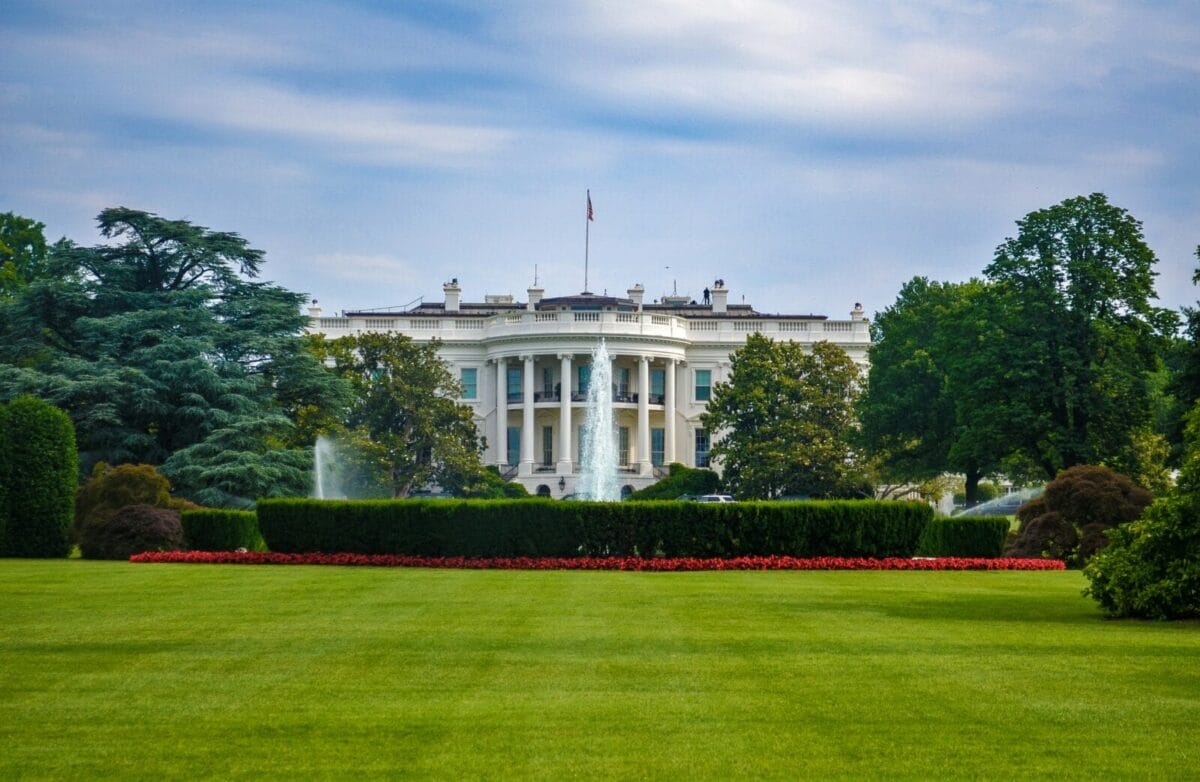Policy changes for the European Union are likely to follow elections held June 6-9, , as governing centrists lost ground to far-right parties. David Zahn, Franklin Templeton’s Head of European Fixed Income, discusses areas of policy uncertainty and why markets may be volatile.
As widely predicted by pre-election polls, Europe’s far-right parties increased their share of votes and will gain seats in the European Parliament. Strong support for France’s National Rally party compelled French President Emmanuel Macron to make the unexpected announcement of national parliamentary elections on June 30. European stock and bond markets fell on the news of the outcome, which kicks off multiple levels of negotiations over forming a stable governing majority.
Gains for the far right reinforce what we had been seeing in Europe’s national elections over the past couple of years. Voters have been unhappy with the centrist political parties and wanted the more aggressive policies offered by the far right. Although outside France it was not a resounding victory, there was movement toward the right in Italy, the Netherlands and Germany.
We will no doubt see changes, with some rolling back of the policies of the past five years. The lack of policy clarity in the near term is likely to contribute to volatility in markets. Negotiations will be complicated. Far-right parties tend to focus on domestic concerns and often have friction with the EU as well as with other nationalist parties.
Also, the European Commission has a complicated selection process that involves both building a parliamentary coalition and gaining the approval of current political leaders of 27 member states. Outgoing Commission President Ursula von der Leyen is seeking to retain office, but her previous coalition had only a nine-vote margin. It is not clear whether von der Leyen can hang on, or what policy concessions she might make to do so. It is also too soon to say whether other candidates might emerge.
One headline that I think is overstated involves the setback for Green parties. There may be some modification of environmental policy, making the work of investors more difficult, but I think there will also be continuity. Five years ago, the priority of green energy policy was reducing carbon emissions, which is important in the long term. More recently, though, Russia’s war on Ukraine has highlighted the risk of energy dependency, making energy security the priority. Diversifying energy sources with wind, solar and geothermal power produced within the EU’s borders is widely viewed as important. Even the far right has to tread carefully on this issue. Given this impetus, I believe the greening of the economy will continue and the green bond market will continue to grow.
It’s important to remember the EU has some degree of oversight for national budgets—a difference with the US federal system—and this will be an area of negotiation with deficit spenders like France and Italy. To keep this in perspective, I do not anticipate a return to anything like the problems of the euro crisis a decade ago. In policy matters outside budgetary issues, the far right will also probably introduce more anti-immigration policies, which is not what Europe needs, in my view. Also, some of the parties gaining ground tend to be more friendly to Russia.
The next few weeks will be consequential as France prepares to vote again. The National Rally party led by Marine Le Pen dealt a severe blow to President Macron, who then called a snap election, perhaps to slow the opposition momentum. France is the EU’s second largest economy, but its relative importance to the EU is even greater. It also has a budget deficit of at least 4.5%. Some polls indicate the National Rally could win a parliamentary majority, which would complicate both the national and regional policy outlook. Markets were not prepared for this political risk, in my view, and so we may see heightened volatility in June.
More broadly, Italy’s prime minister, Giorgia Meloni, is the only officeholder strengthened by the outcome. Meloni became prime minister two years ago and has often behaved more pragmatically than her campaign rhetoric suggested she would. She has shown responsiveness to concerns of bond markets. As EU-wide negotiations proceed, Italy’s budget deficit is above 5% and probably much larger. Meloni is likely to want budgetary flexibility, while the EU will want budgetary management.
Although the European election is concluded, I think we have just heard the starter’s pistol in the competition for the leadership of France and for negotiations over EU policy. I think the media may be underestimating Le Pen’s chances of victory. Historically, Le Pen of France and Meloni of Italy have not cooperated well, but if they were to find a way to work together, they could have meaningful impact on policy. We will have to watch how strategic they decide to be.















